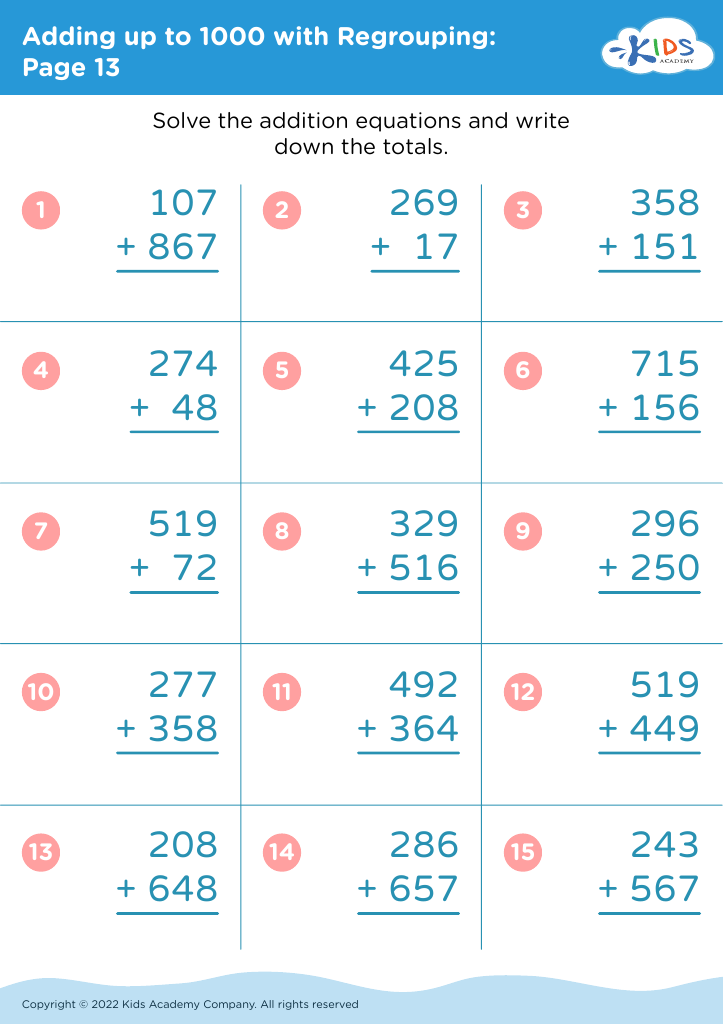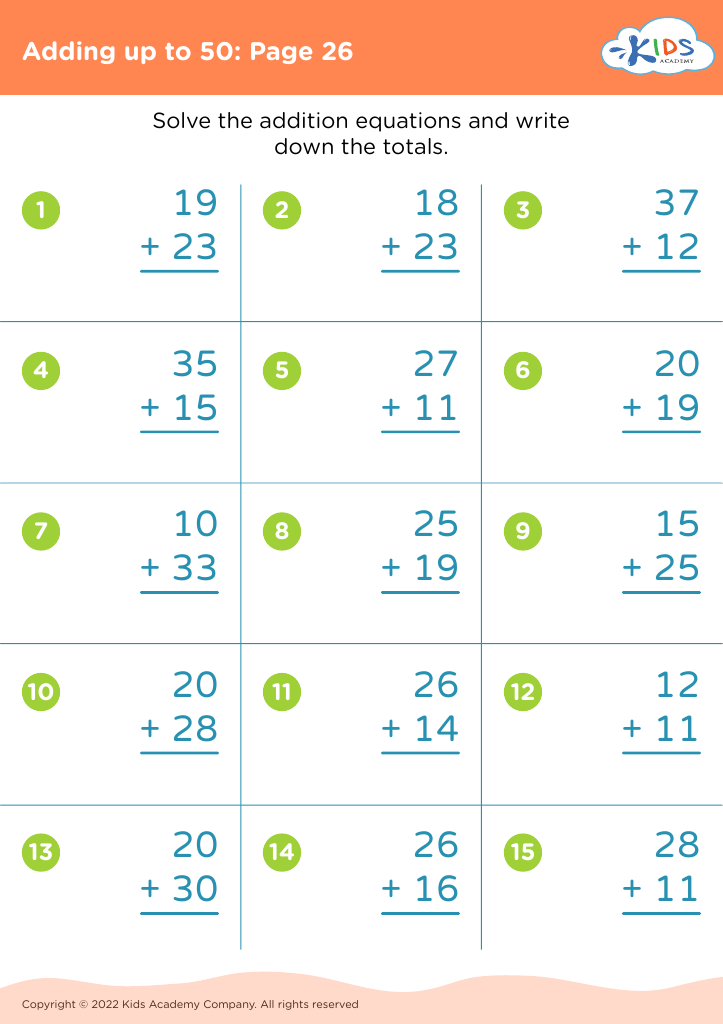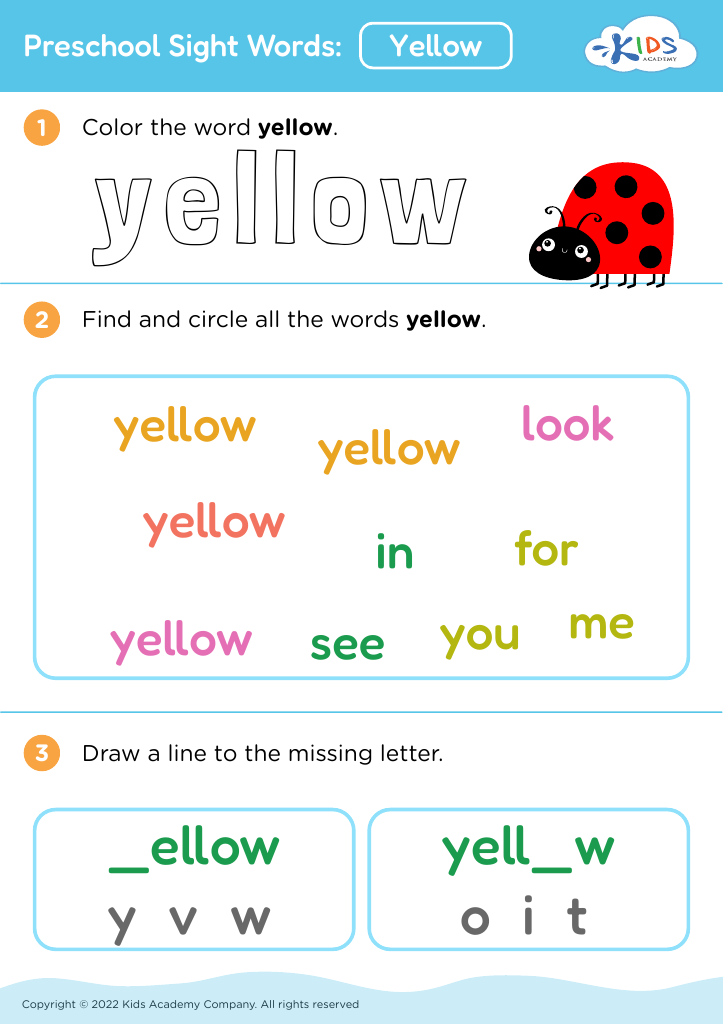Developing analytical skills Worksheets for Kids
15 filtered results
-
From - To
Analytical skills worksheets are key to fostering critical thinking and problem-solving. They offer structured exercises that aid in dissecting problems, analyzing information, and finding logical solutions. Users enhance cognitive skills, recognize patterns, interpret data, and hone logical reasoning. The worksheets' real-world scenario instructions help break down issues into core elements. Benefits include better decision-making, attention to detail, problem-solving, and productivity. These worksheets build robust analytical habits vital for success in multiple fields like academia and business, providing a versatile skill set for real-life challenges. They are ideal tools for anyone aiming to improve their problem-solving and critical thinking.
(Characters without spaces: 700)
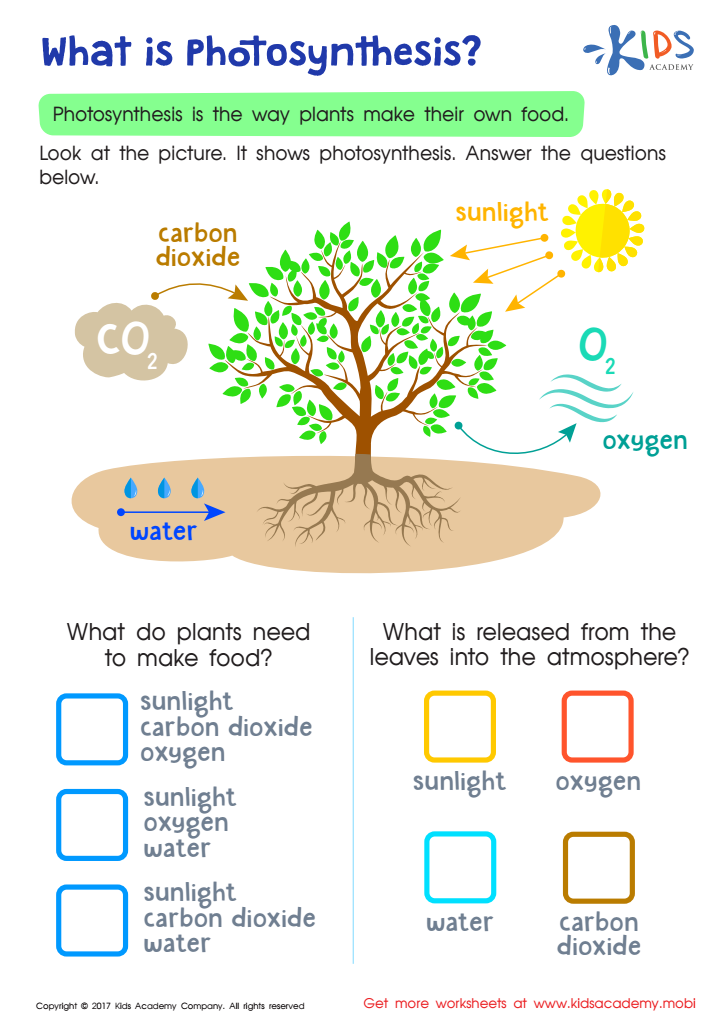

What is Photosynthesis Printable
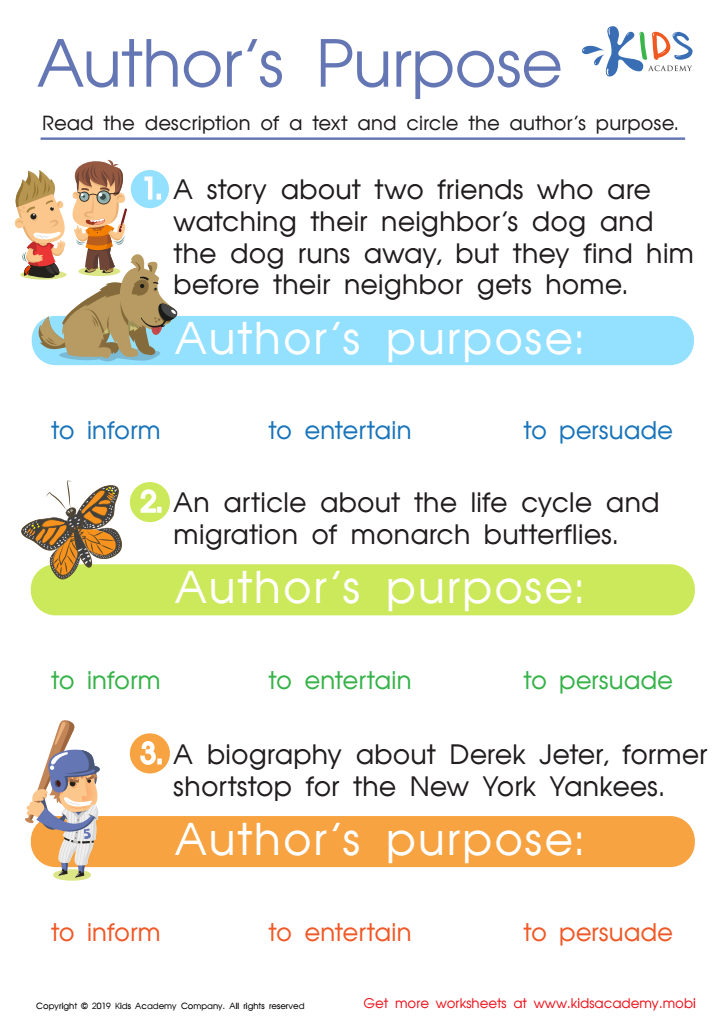

Author's Purpose Worksheet
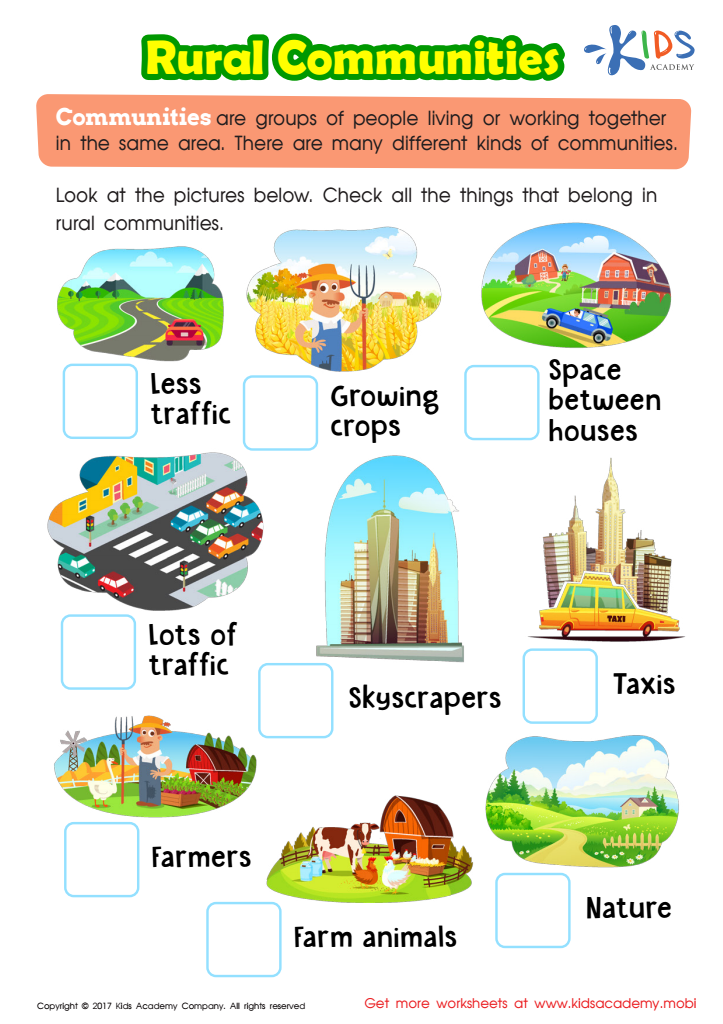

Rural Communities Printable
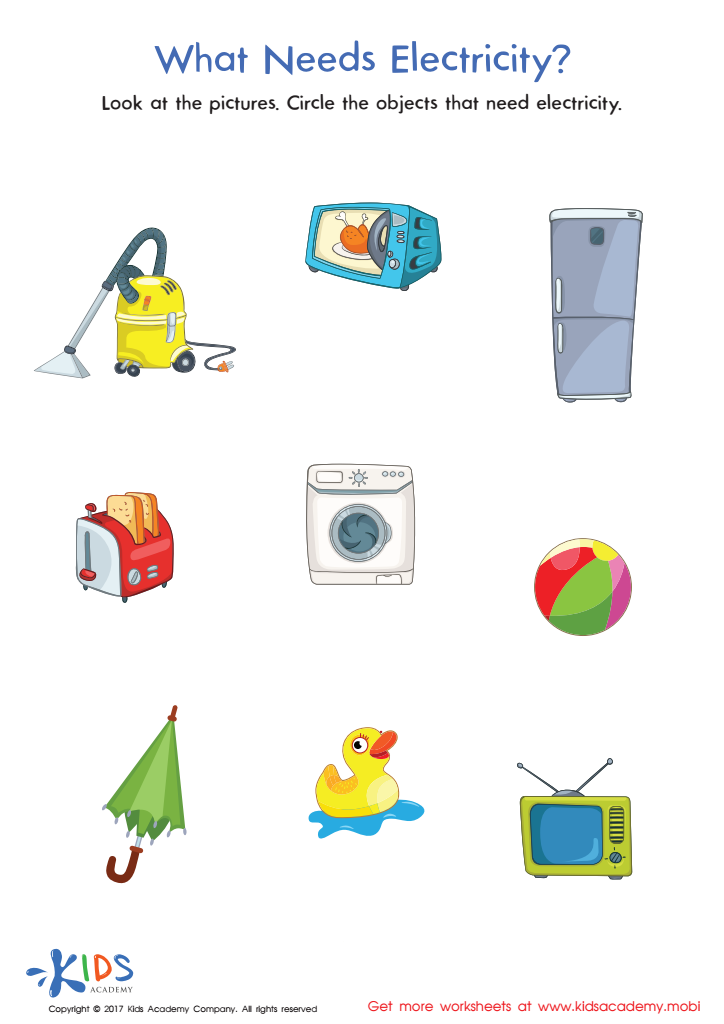

What Needs Electricity Printable
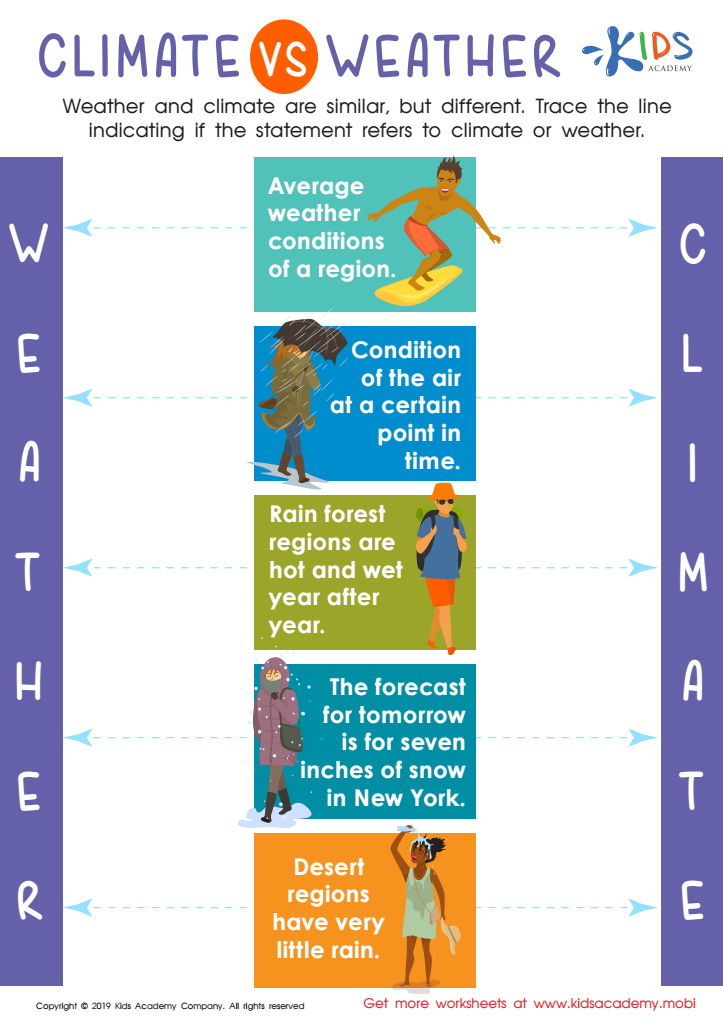

Climate vs Weather Worksheet
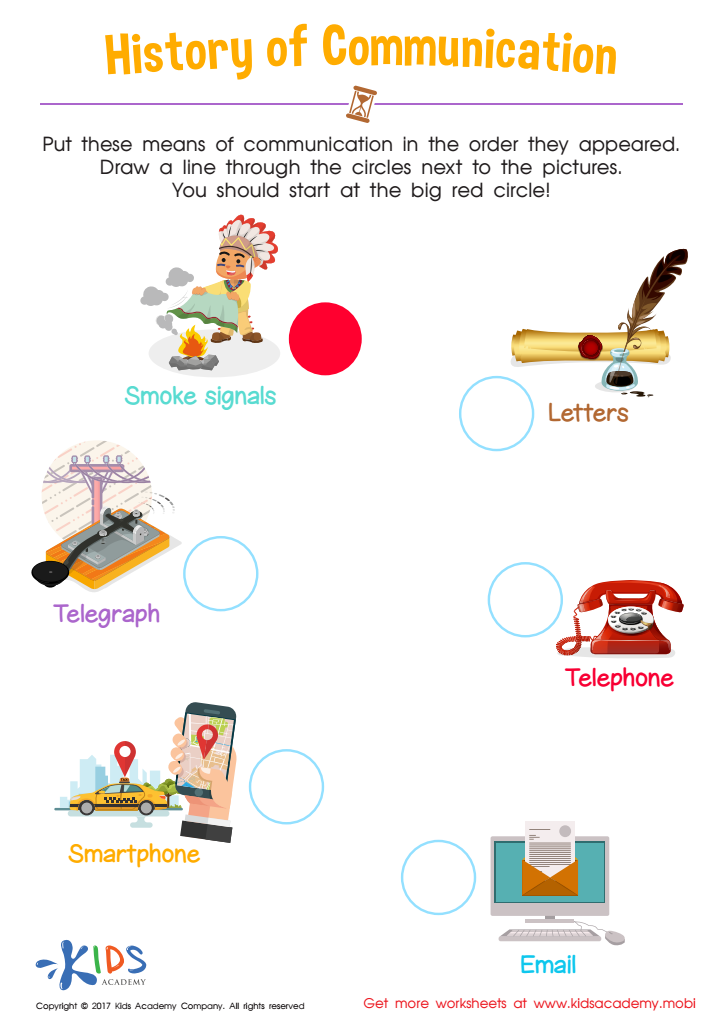

History of Communication Worksheet
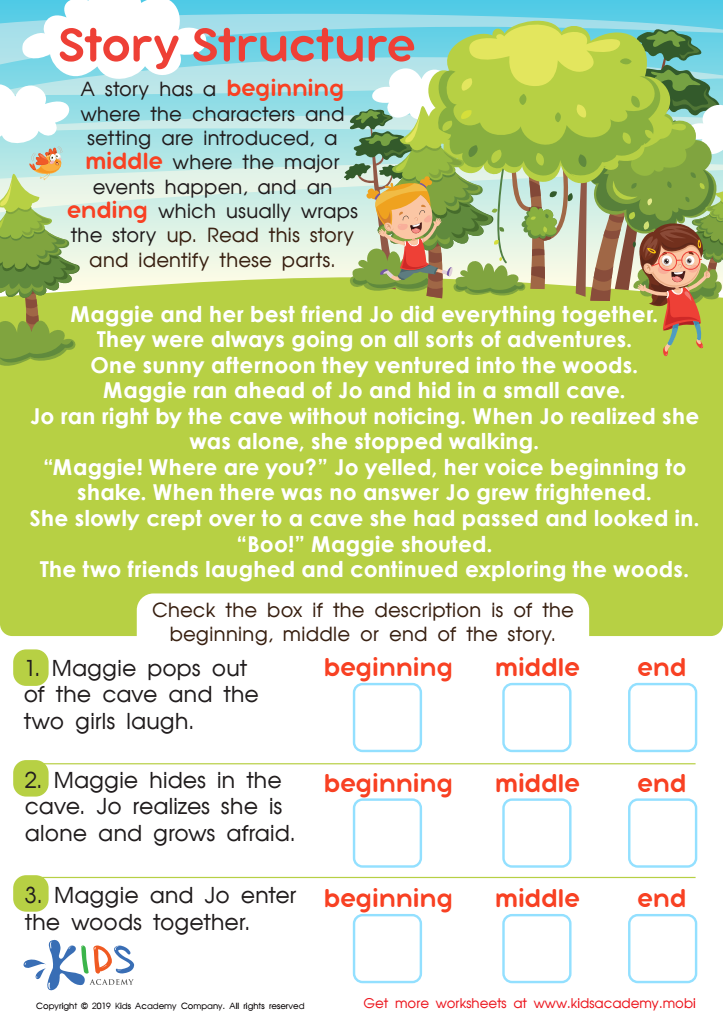

Story Structure Worksheet
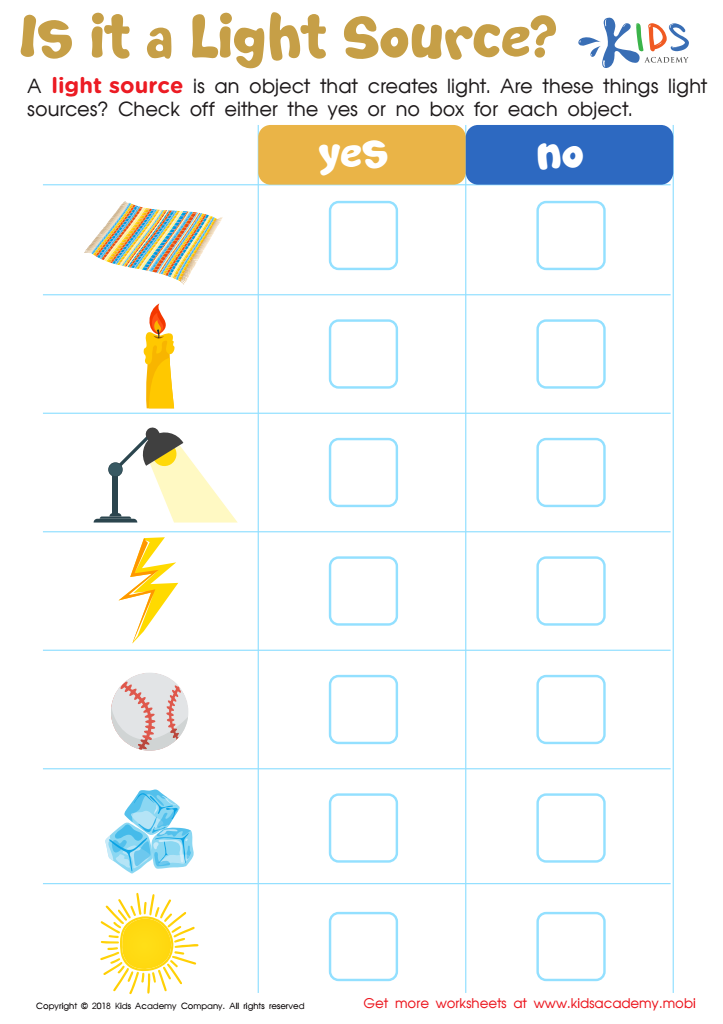

Is It a Light Source? Worksheet
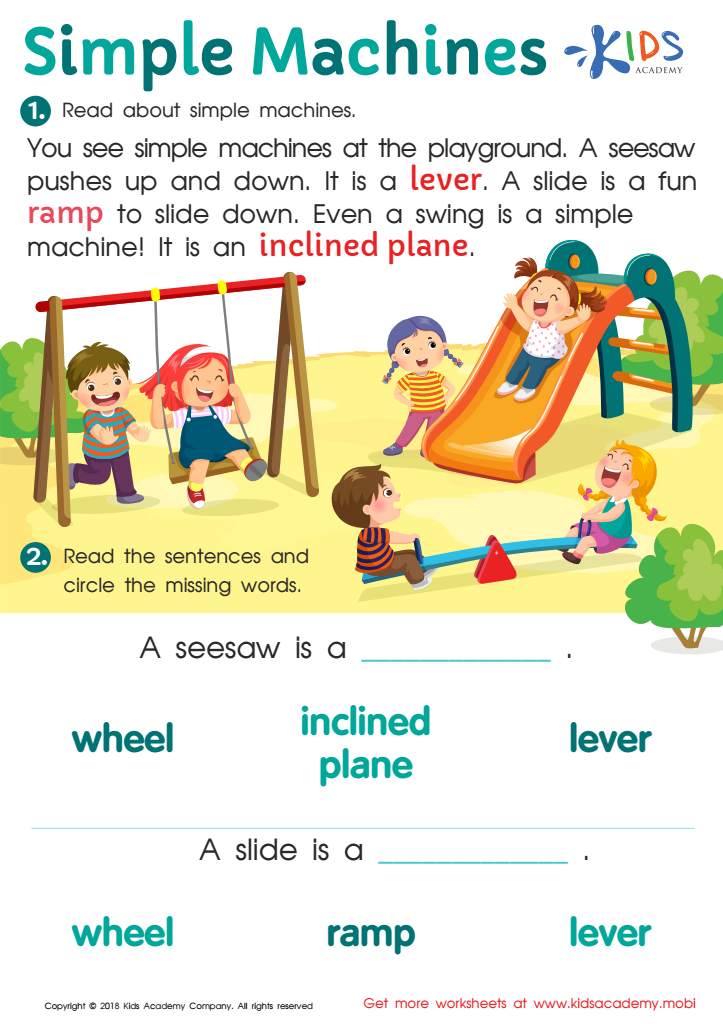

Simple Machines Worksheet
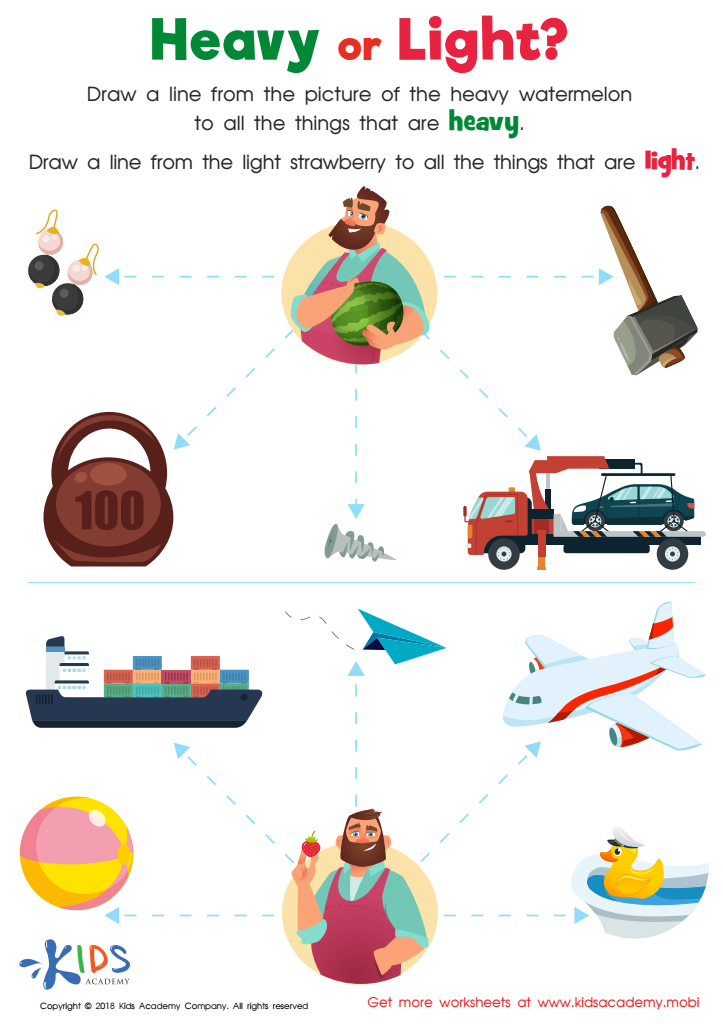

Heavy or Light? Worksheet
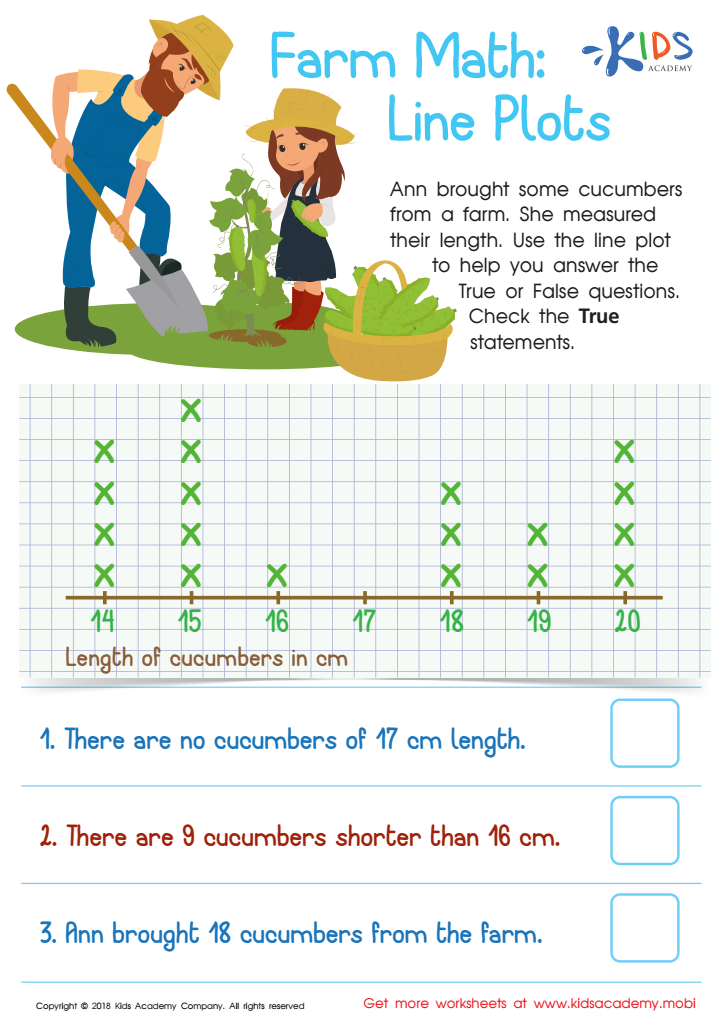

Farm Math: Line Plots Worksheet
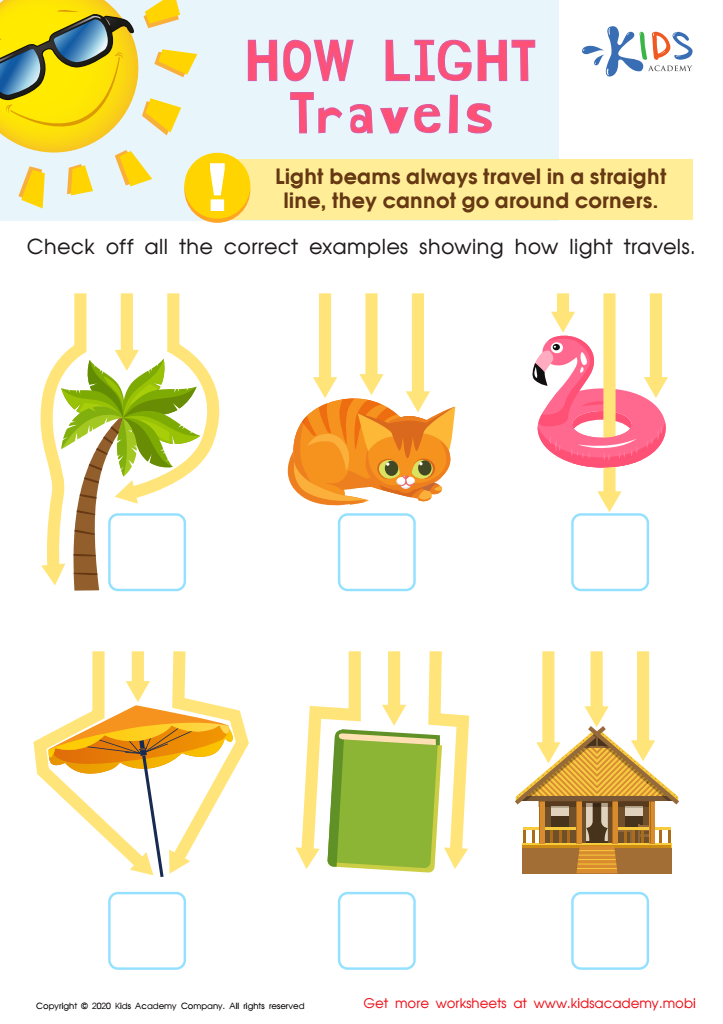

How Light Travels Worksheet
Question/Answer
What does the Developing analytical skill mean when it comes to Kindergarten Matching learning?
Developing analytical skills in the context of Kindergarten Matching learning involves teaching young children to observe, compare, and categorize objects or information. This process enhances their ability to recognize patterns, understand relationships, and make connections between different elements, thereby laying the foundation for critical thinking and problem-solving skills from an early age.
What are some effective activities to train students’ Developing analytical skill when teaching them about Matching?
To train students in developing analytical skills for Matching, engage them in activities such as categorizing and sorting exercises, Venn diagram comparisons, pattern recognition tasks, logical reasoning puzzles, and case study analyses. Implementing peer review sessions and debates can also enhance their evaluative and critical thinking abilities, making them more adept at identifying similarities, differences, and making informed matches.
How to train the Developing analytical skill in Kindergarten students learning about Matching?
To train analytical skills in kindergarten students learning about matching, use hands-on activities like sorting and categorizing objects by color, shape, or size. Incorporate puzzles and matching games, encouraging them to explain their reasoning. Use questions that prompt comparison and contrast, and offer immediate feedback to guide their thought processes, fostering critical thinking and problem-solving skills from an early age.

 Assign to the classroom
Assign to the classroom
